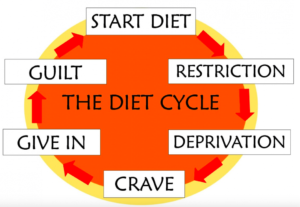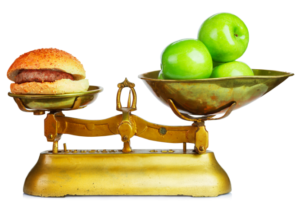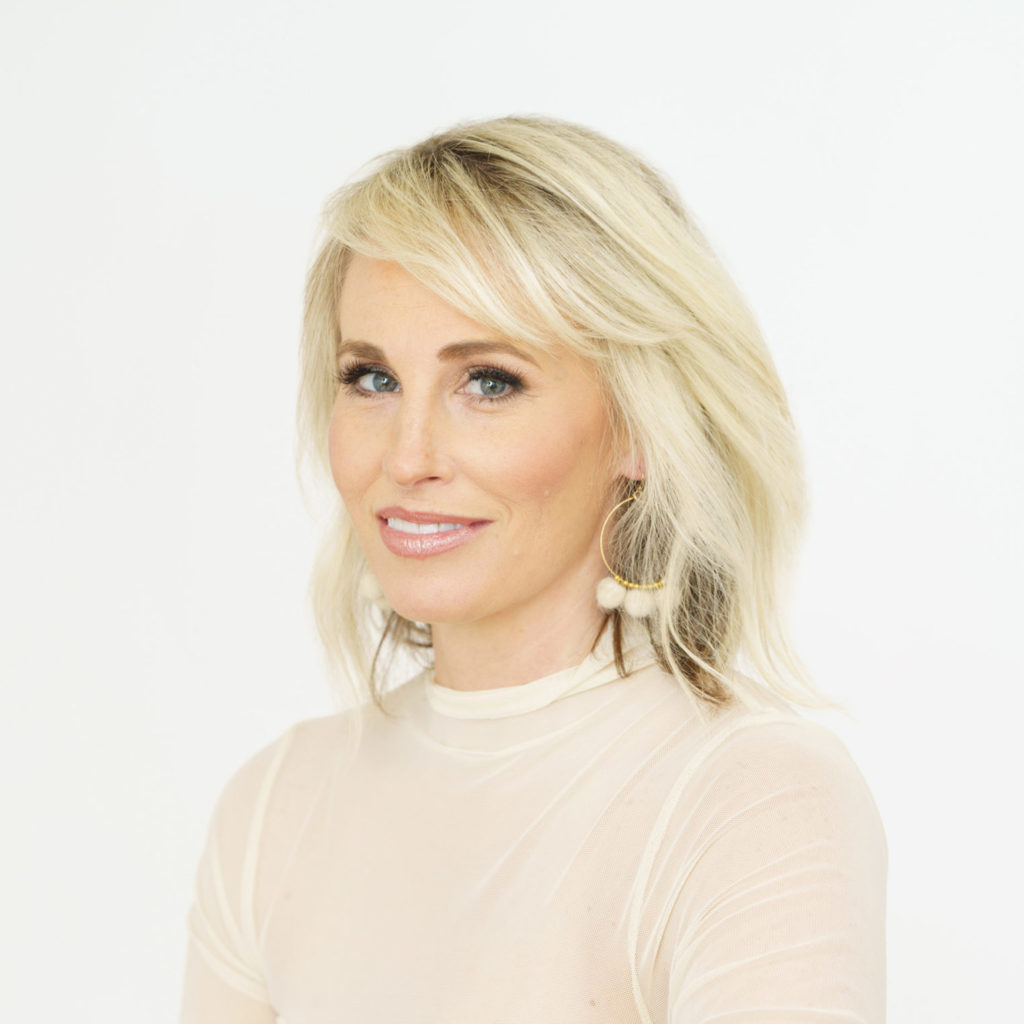Ever taken the time to ponder how our relationship with food got to the point of being so dysfunctional?
What causes us to obsess over food in the first place? If you were the only person on the planet would you still be chasing fat loss? Where does this influence come from? And why is fat such an icky thing? Who determined that and why are we giving them our power?
A year or so ago, a colleague by the name of Alexander Juan Antonio Cortes posted this on his Facebook page and I thought it was super insightful (I’ve adapted it for clarity, but the message remains the same):
Be a child.
- Get told by adults that you’re “bad” for not finishing a meal.
- Be made to eat because that’s “good” behavior.
- Get rewarded with “bad” food for behaving “good.”
- Get denied “bad” food for behaving “bad.”
- Be given “bad” foods at critical emotional junctures, either to placate or celebrate.
- Associate “bad” foods with feeling “good.”
- Observe parental figures comment on their own health and weight and lifestyle in terms of moralistic good/bad behavior and thinking.
- Multiply by infinite variances in being exposed to the above scenarios over 18 years until adulthood.
THEN…
Be an adult.
- Attach positive and negative “moralized’ emotions to eating/not eating, weight, and health.
- Food is stressful and confusing and upsetting.
THE TRUTH?
- Food is neutral. No food carries moral weight in and of itself.
- It’s one’s mindset that makes it confounding.
No wonder we’re all walking around like brainwashed zombies stuck in a diet mentality. Most of us have never stopped dieting.

Seriously. Think about it.
Do you know what it’s like to just…eat? I mean, without the moral judgment. Without thinking about calories. Without attaching your self-worth to your food choices. Without negotiating more calories now for more cardio later.
This is insanity.
Most of us don’t even know how to not diet. It’s a familiar feeling; it’s our normal. We associate dieting with a false sense of improvement; quitting is for losers. This way we get to live under the illusion that dieting is helping us. But is it really?
Sadly, this is the mental framework that keeps you stuck. The diet mentality is why you continue struggling to achieve fat loss. You’re still chasing an ideal. And you’re still giving your power away to chocolate, cheese, and bread.
So what’s the answer?

Moderation.
I know, I know. I get it. People hear the word moderation, roll their eyes, and groan.
“Sure, Leslie. Moderation sounds great for you, but *I* can’t stop eating sugar once I’ve started. I’ve tried and I’m addicted!”
Listen, the reason you lose control with sugar and other foods is because you haven’t detached yourself from the notion that they’re “special.” And you haven’t tried to eat them guilt-free. I mean, really tried. You’re too busy shaming yourself to observe how these destructive thoughts sabotage your progress.
You know that old addage, “What you resist, persists”?
That applies here, too. The more you resist certain foods, the more they consume your thoughts. It becomes a self-fulfilling prophecy.

If you want to break the cycle, you’re going to have to give yourself permission to eat your trigger food. You’ll probably eat the whole thing, and that’s fine. Tomorrow, do it again. And the next day, too.
Eventually, you’re going to get sick of whatever the hell it is you’re obsessing over and it will become neutral just like every other food you never think about. The food itself isn’t the trigger — it’s your emotional attachment to it that sets you off.
I know this is scary. You’re afraid you’ll wake up tomorrow looking like Jabba the Hut, but honestly, at this point, WHO CARES? Is this binge-then-deprive cycle any better? Either way you’re stuck in a mental state of self-loathing. Weighing a few more pounds can’t possibly be any worse than being shackled to a diet for the rest of your life.
It’s true, you might gain a little weight in the beginning when you allow yourself to eat with abandon. And that’s okay. Because once you come out the other side of the fog, you won’t have these all-consuming thoughts about food and your weight will normalize.
You’ll notice you crave healthier foods and no longer fear of missing out on today’s guilty pleasure — you can always have it at your next meal. There is no deprivation or restriction. You can have it all.
And then, once all the chaos in your head begins to settle, you can get busy living your life. You may even notice the leaves changing colors and feel a cool breeze on your face.
Life is so much more rewarding when food isn’t confusing or hard… or “good” and “bad.” It just is.
The emotional attachment to food is all in your head. It has nothing to do with calories, macros, gluten, or omega 3 fats. And you’re definitely not “addicted” to sugar.
If you want to change your relationship with food, it’s going to require UN-learning what the misguided adults in your life told you, and then learn how to trust your body’s cues.
Everything you need to know about maintaining a healthy weight is in the feedback your body provides, but first — you have to silence the voice in your head.

